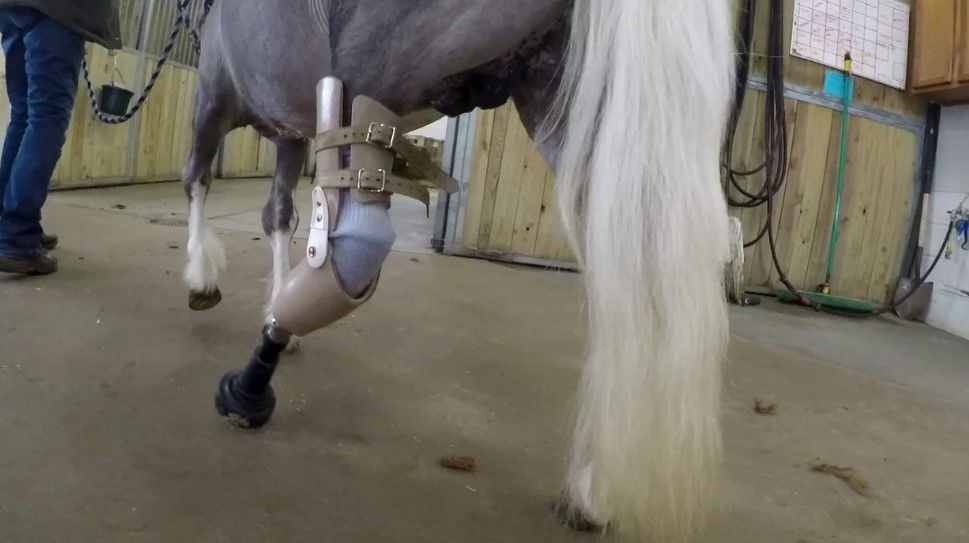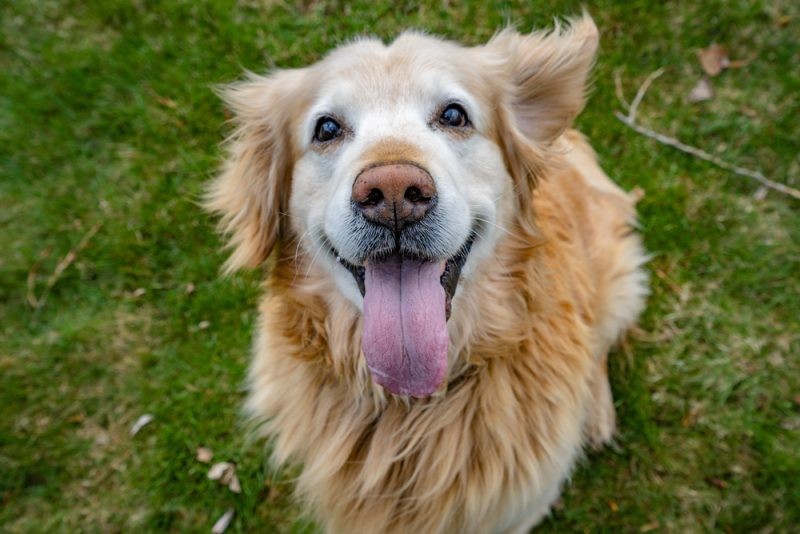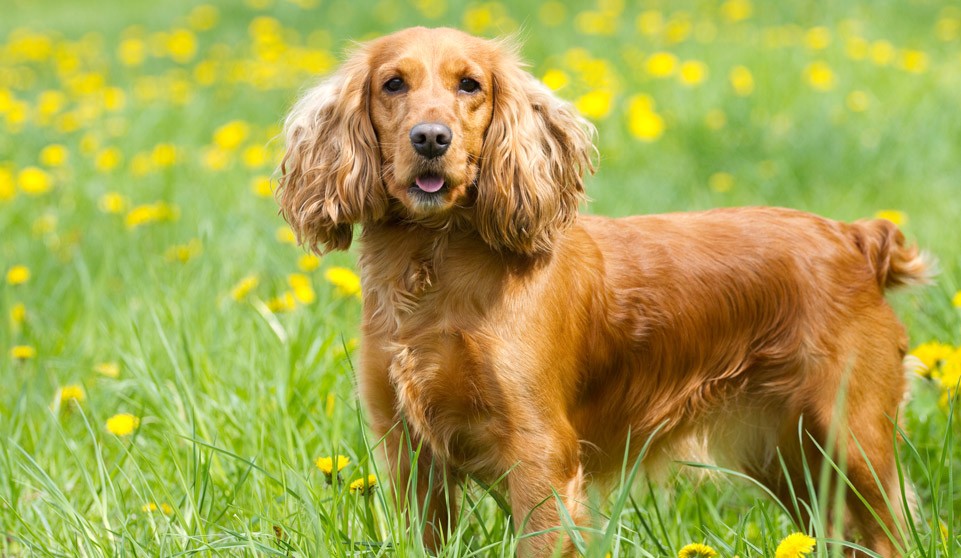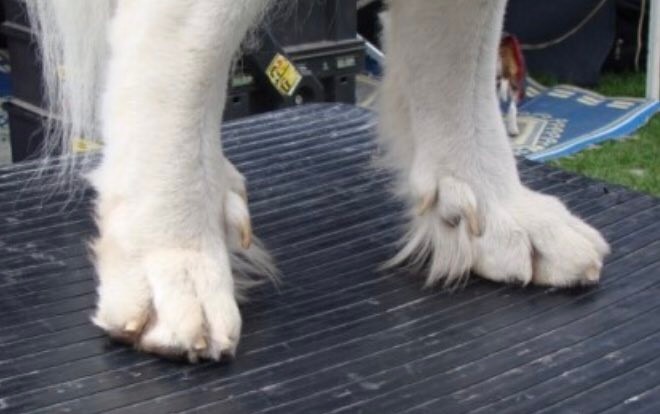The Natural Development of Corgi Ears: Why Minimal Intervention is Best
Corgi puppies naturally develop erect ears over 8-24 weeks through cartilage strengthening, with intervention rarely needed. Recent veterinary evidence shows that allowing natural development yields better results than artificial manipulation in 99.5% of cases.
Understanding the Auss-Tzu: A Comprehensive Guide to the Australian Shepherd-Shih Tzu Mix
The Auss-Tzu, a designer breed combining Miniature Australian Shepherd and Shih Tzu traits, offers a unique blend of intelligence and companionship. This analysis explores their health patterns, temperament, and care requirements to help veterinarians, breeders and potential owners ensure optimal welfare.
Innovative Prosthetic Gives Miniature Horse a Second Chance at Life
A three-legged miniature horse in Minnesota receives a custom prosthetic leg through groundbreaking veterinary care and community support. The remarkable case of Lt. Dan showcases innovative rehabilitation techniques and opens new possibilities for treating equine injuries.
Essential Care Guide: Your 2-Month-Old French Bulldog Puppy's Critical Development Phase
During their crucial two-month milestone, French Bulldog puppies require specialized attention focusing on nutrition, socialization, and routine establishment. Learn how to properly feed, socialize, and care for your Frenchie puppy during this sensitive developmental period.
Understanding Golden Retriever Drooling: Normal Patterns vs. Health Concerns
While Golden Retrievers are moderate droolers compared to breeds with loose jowls, they exhibit normal salivation during meals and excitement. Learn to distinguish between healthy drooling patterns and potential warning signs that require veterinary attention.
Understanding French Bulldog Puppy Development at 6 Weeks: A Critical Growth Phase
French Bulldog puppies reach a pivotal developmental stage at 6 weeks, marked by increased independence and the transition from mother's milk to solid food. This period is crucial for early socialization, behavioral development, and establishing healthy routines that will shape their future well-being.
Understanding Cocker Spaniel Lifespan: Key Factors for a Long, Healthy Life
Cocker Spaniels typically live 10-15 years, with females often outliving males by about a year. Genetics, preventive healthcare, proper nutrition, and early intervention for breed-specific issues play crucial roles in helping these beloved dogs reach their full life expectancy potential.
Pug Lifespan: Understanding Life Expectancy and Health Factors
Pugs typically live 12-15 years, with females outliving males by about 5 months. While their lifespan exceeds many breeds, they face unique health challenges that require specialized care, though some exceptional pugs like Snookie have lived beyond 27 years.
Stray Mother Dog in Istanbul Shows Remarkable Intelligence, Brings Sick Puppy to Vet
A heartwarming incident in Istanbul captured a stray mother dog's extraordinary maternal instinct as she carried her hypothermic puppy to a veterinary clinic. The touching scene, recorded on security cameras, has sparked conversations about animal welfare while demonstrating the remarkable intelligence of street dogs.
Understanding Great Pyrenees Double Dew Claws: A Vital Anatomical Feature
Great Pyrenees dogs possess unique double dew claws that serve crucial functions in mobility and stability. Unlike regular dew claws, these specialized digits are firmly attached by bone and muscle, making them essential for climbing and navigating rough terrain.









